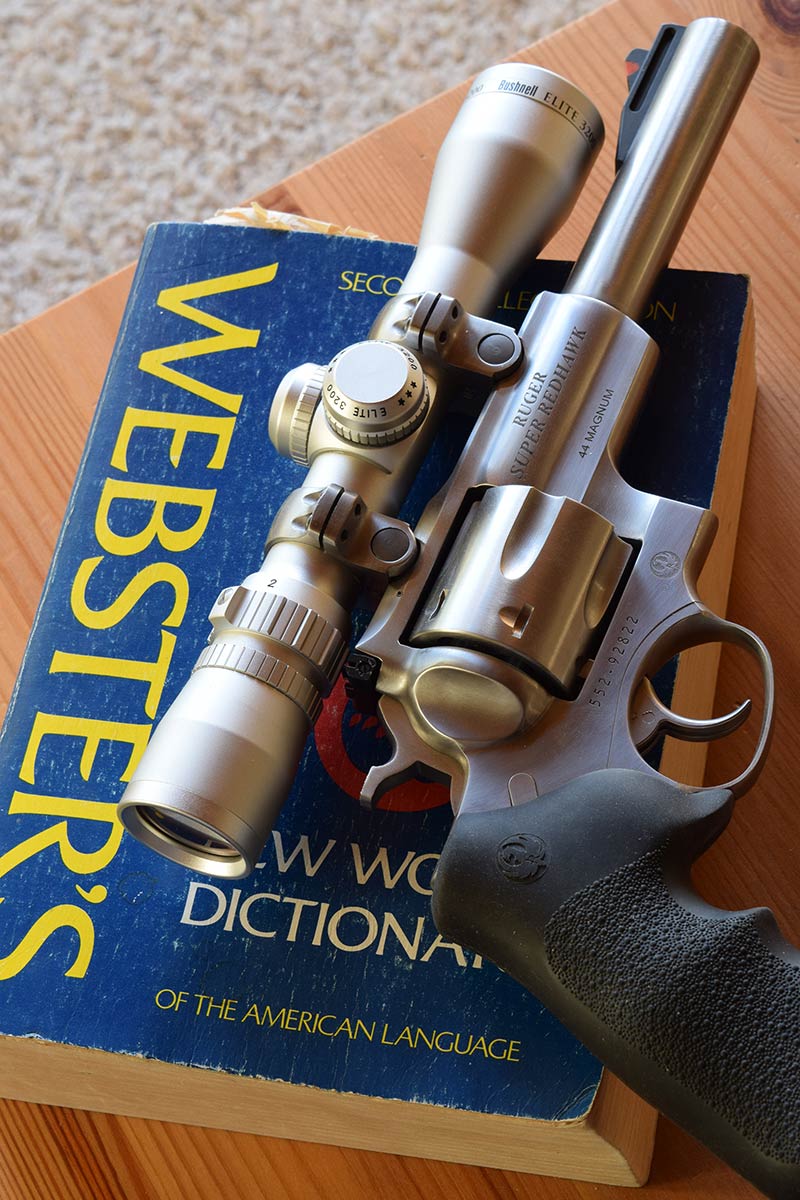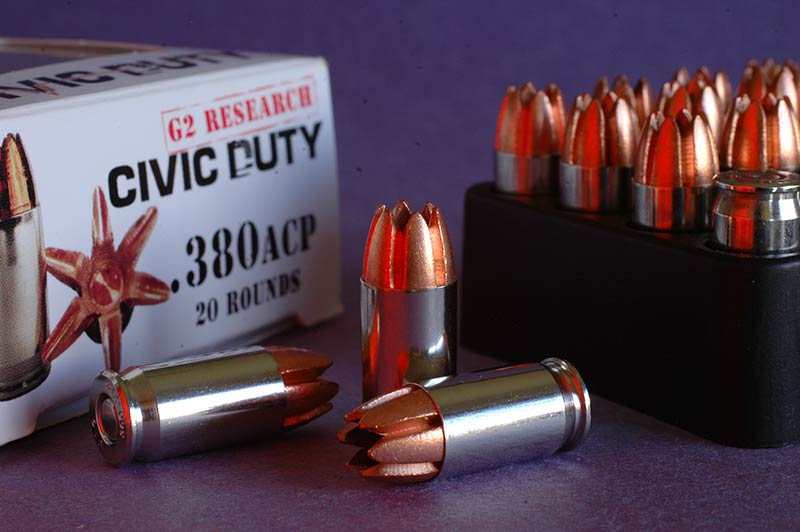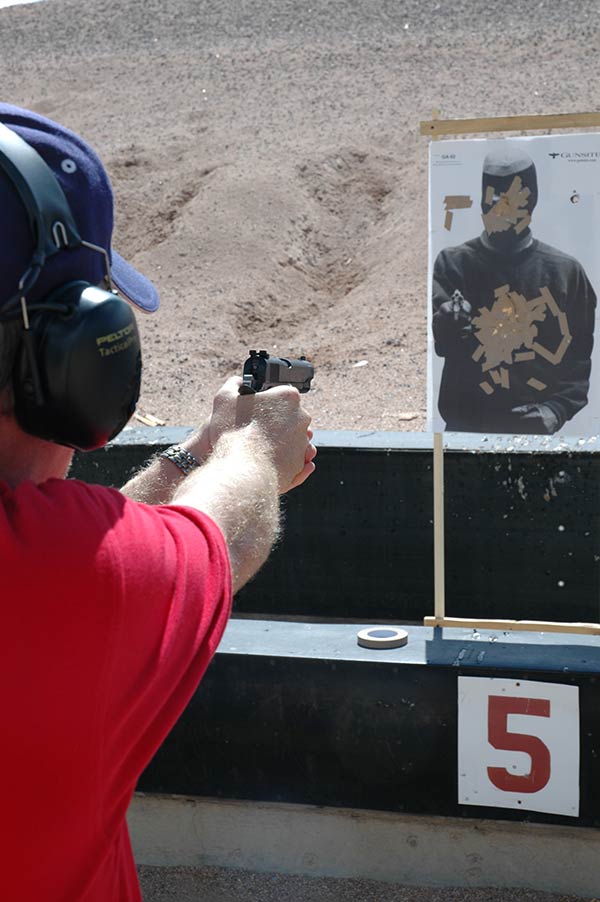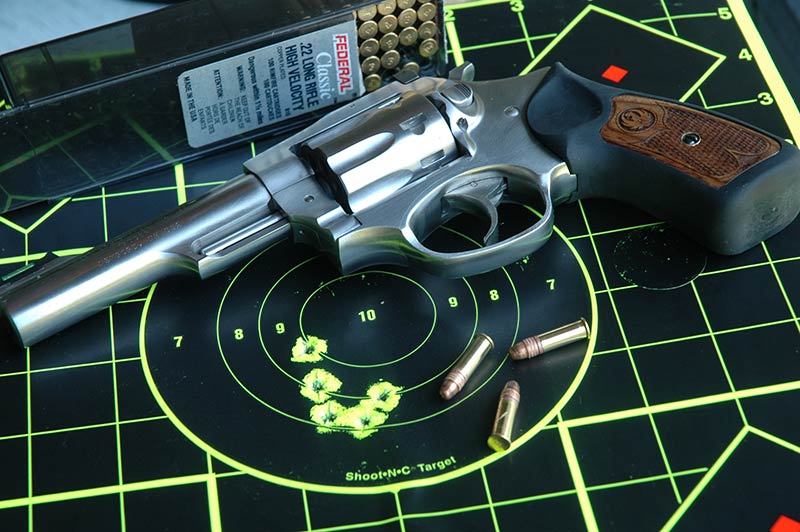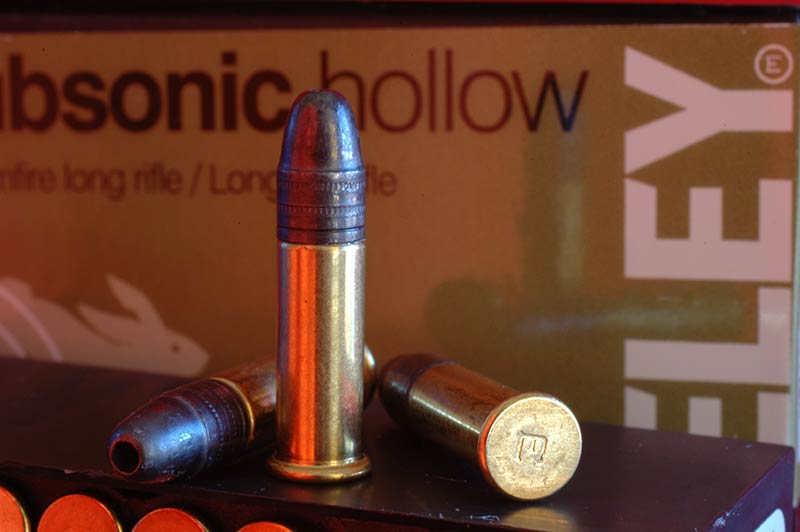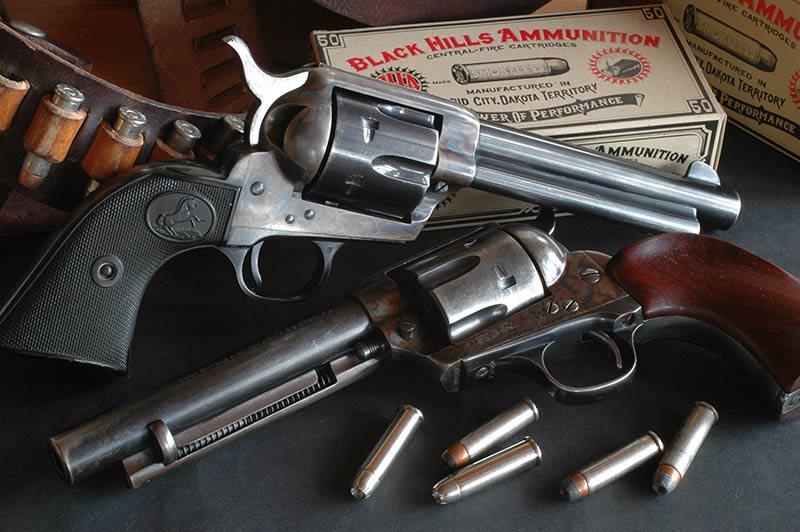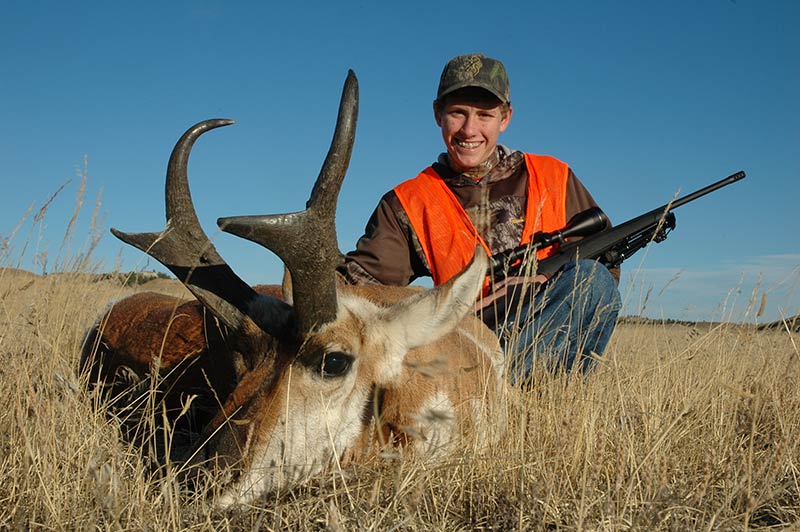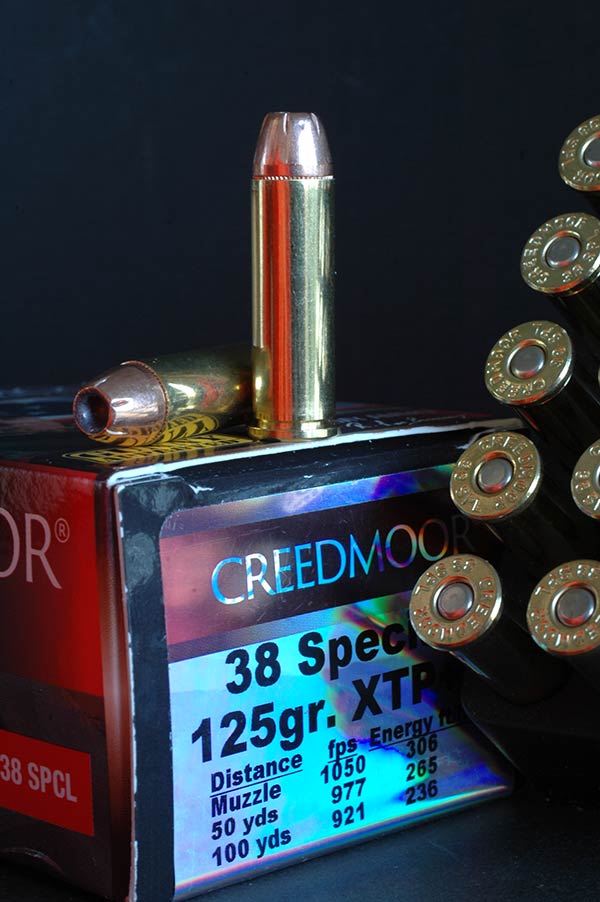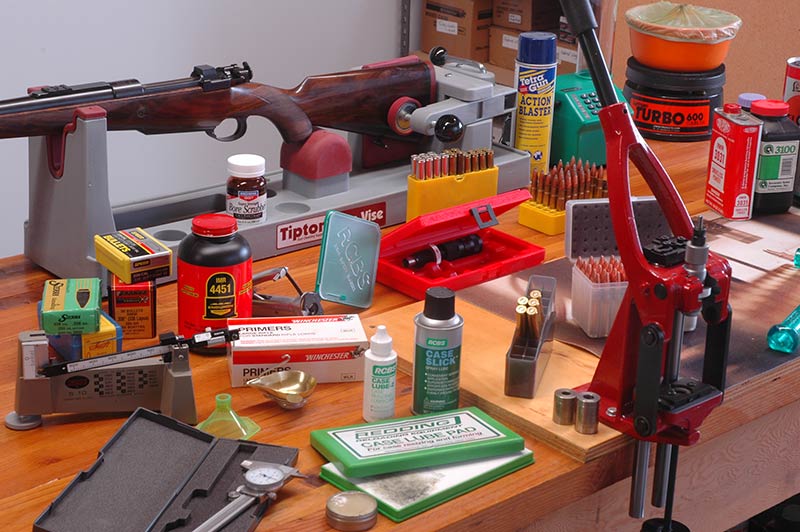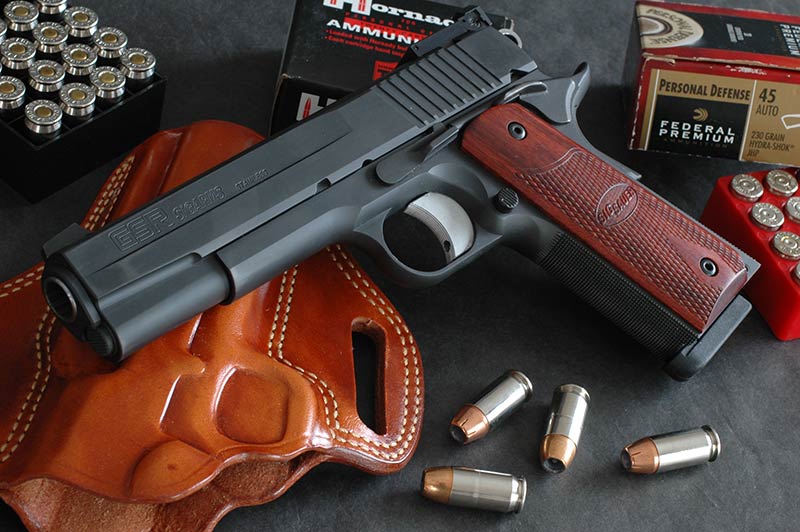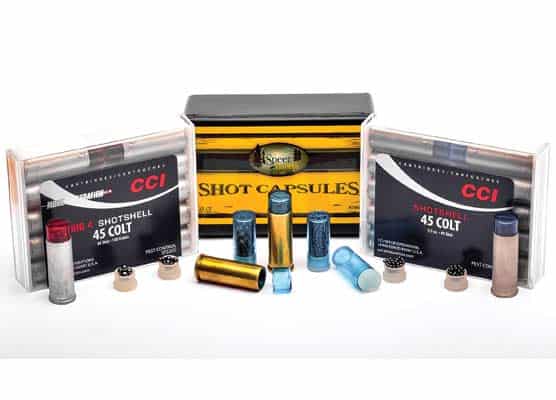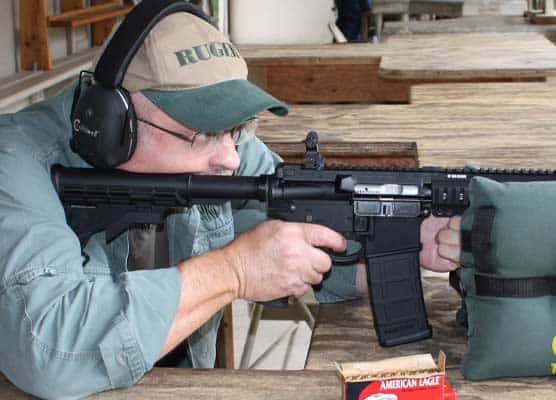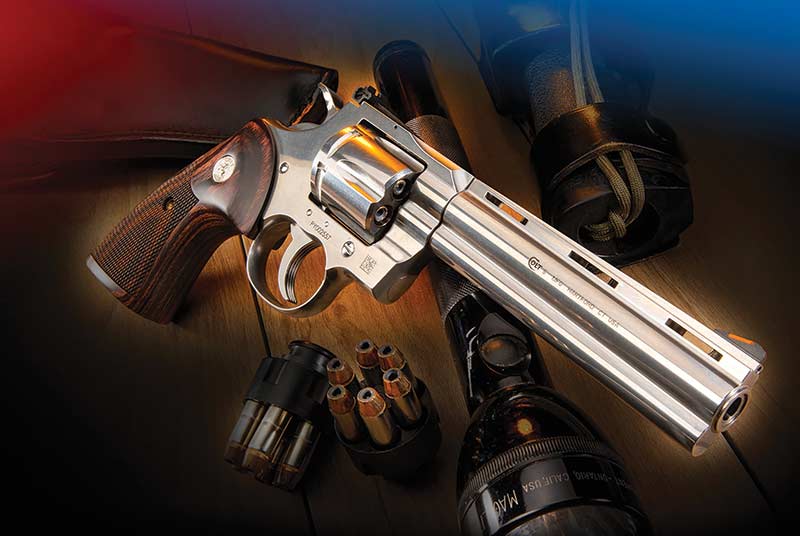The Devil By Another Name
Our own ill-chosen words can equip anti-gunners —
keen to turn them into ‘weapons’ against lawful gun owners.
He may have meant well. “It’s a double-stack DA. Threaded. Ported. Night sights. Lemme show you.” The young lady handed the pistol back. He cycled with ardor the slide she’d been unable to nudge. “Nothin’ to it. You’ll catch on.” He palmed a magazine into the butt so hard the feed lips yelped. “Ten shots as fast as you can turn ‘em loose. No more bad guy.”
That sale was lost before you could say “Plus-P hollowpoints.” She left. Hubby might get a new lawnmower for their anniversary. The garden center had such pleasant clerks.
If you aren’t selling nines to newlyweds, such bluster costs you nothing. At least, not now. Long view? Everything you say to or near someone ambivalent about firearms affects you — and me.
Words matter. “K-Frame” may instantly bring to your mind a S&W revolver. But the uninitiated are lost. Remember, even shooters with years on the trigger can’t define “minute of angle” to the third decimal. Dropping jargon like celebrity names to puff yourself does little to promote shooting sports. Ego is the most transparent feature of human personality. And no one admires it. The salesman peddling the pistol could have asked why the woman wanted one, instead of painting her into a video game.
In place of condescension, he could have offered counsel. I too would have sought relief among lawnmowers. Plain talk, humbly delivered, gets your message across and wins friends. Whether you hold forth on wet clutches in motorcycles, hackles for winter steelhead or electronic pistol sights, all is background noise — until there’s background. Most of us have the sense to down-shift when the eyes glaze.
Gun buyers continue to challenge stereotypes. Especially at handgun counters, you’re as likely to see jogging sweats and business suits as plaid shirts and camo fatigues. Not every woman trails Bubba to the pistol display, or shares your view of nose rings. No longer can you assume boys grew up pestering starlings with BB guns, or that girls sat at least once with Dad while the woods woke up on opening day.
But You’re Not Selling Guns
“It’s Armageddon in your fist!” While mercifully directed toward fellow enthusiasts, this chap’s description revealed no more about his new handgun than “Find new roads!” says about Chevy SUVs. Harmless hyperbole, you insist. Like “monster buck.” Well, not every audience is so charitable. The anti-gun lobby includes smart wordsmiths hungry for quotes bolstering shooter stereotypes: “Beer-swilling rubes killing Bambi, scab-faced addicts in hoodies, skin-heads spewing brass from jack-hammering ARs.” See?
“Blew him away.” There are less flippant ways to tell of taking a life.
“Hit him in the front shoulder.” Does a deer have a rear shoulder?
“Dropped him in his tracks!” Where else can a man or animal fall?
Before you sputter about splitting hairs or phrases having become common coin, think of the mechanical gulf between “automatic” and “autoloading” mechanisms, or the legal distinction between Spherical and Ball powder. Do you call detachable boxes clips? Is a piston-driven AR the same as one cycled by direct gas impingement? Precise, jargon-free language, with clarifying asides when needed, impresses listeners. They respond to erudition and courtesy. They warm up when you don’t talk down to them or stroke your vanity. They pay attention if you enlighten them or when they come to a better understanding.
Mindless talk abounds. The ignorant get a pass. If you know better, you may be wasting a chance to convert someone introduced to firearms by NPR or MSNBC. Beyond missed opportunity, there’s the threat your words will be turned against you. Against us. Critics who would discredit you are no better armed than with your own words.
The Words Themselves
If you were selling guns, you might hear, upon showing a customer a new pistol: “That’s a mean-lookin’ mama!” Disdain for the King’s English is no crime. But “mean-looking” is how some people who know nothing of firearms might describe a suppressed Glock. Or a 460 Smith & Wesson. Or a Freedom Arms single-action. “Mean” by Webster’s definition can’t apply to handguns. It’s an attitude, a behavior. Excepting arithmetic means and mean feats, to be mean you must be animate!
Attributing human qualities to pistols, rifles and shotguns is a favored ploy of people who would deny us access to them. From “Saturday night special” to “assault-style rifle,” labels can all but indict.
Oddly enough, such nick-names follow affectionate monikers from generations of shooters. Davy Crockett named three rifles after his sister Betsy. He bought the first, a .48-bore flintlock, in 1803 at age 17. “Old Betsy” was a 40-caliber gift from the Tennessee State Assembly in 1822. “Pretty Betsy” arrived later, from the Whig Society of Pennsylvania. William F. Cody named his .50 trapdoor Springfield after Lucretia Borgia, the 15th-century femme fatale about whom Victor Hugo wrote a play. Cody got inventive with the spelling (it’s Lucrezia.) Four huge cannons used against Belgium at the outset of WW I were the first of a dozen “Big Berthas” deployed by war’s end. At that time Bertha Krupp owned the great German arms manufacturer.
Handguns get names too.
Labels that demonize stick as readily as terms of endearment. Christening firearms as we do pets has been mocked as proof shooters can’t rationally consider “common sense gun control.” Now, airplanes and automobiles have also earned nick-names; but tit-for-tat is sophomoric. A better strategy: sound logic — fact-based, politely offered, stripped of hyperbole. Such evidence of a rational mind endures scrutiny. Babble of anti-gun zealots, in contrast, often shows gaps in understanding. Those who rail against assault rifles, for example, include legions who can’t define them.
Only bullets intelligently chosen and well delivered are effective. The same is true of words.
Courtesy
Brethren who peddle guns know sometimes you must chat up a customer, and sometimes say nothing. They know intuitively which greeting works best. “Hey, Bro, what are we lookin’ for today?” is convivial, harmless; but it doesn’t always fit. I’m not Bro. Wrong generation.
Courtesy, however, is never out of style and even covers the occasional gaffe. People schooled in rhetoric disparaging firearms and their owners can be hardened by militant opposition. But soft words, a smile, a ready ear can disarm them, even change their thinking.
Silence is never worse than the wrong words or too many. On the other hand, it denies someone your view — perhaps one he or she might entertain. Failing to share your perspective is like failing to vote.
If you’re engaging someone with a genuine interest in shooting but little knowledge of it, snatch that chance to make it appealing to him or her. Snippets from your past can be useful, but a monologue of matches won and deer shot plays poorly. Everyone listens longer when you talk about them. What can a pistol do for them? How can joining a shooting club or the NRA enhance their life? After many years in shooting circles, you may give little thought to what drew you or has kept you there. “Little things,” from gun-trading to handloading and tinkering, are easy to take for granted but may intrigue a novice. They’re your opening to shine a light on the “fun side” of firearms — your chance to mentor. It’s hard to trash ideas tendered by a likable ambassador!
Beware the title of expert. People don’t learn well from know-it-alls. Become a friend, a resource. Help someone choose, use and enjoy a handgun, and you won’t have to sell yourself or the pistol.
Much having to do with shooting is the same as when I first aligned he sights on a DCM .22. The 1911 is still popular; 4″ Model 29s still jump in my hand. Prices have climbed, of course, as on rifles and shotguns that have weathered assaults by company accountants.
But besides new firearms and herds of interesting if unnecessary new cartridges, the decades have brought to our industry a new face. Magazine ads with plaid-clad, pipe-smoking deer hunters and benign marksmen in shooting coats have given way to images of grim-visaged enforcers in dark glasses, clearly ready to fire whatever black, rail-festooned firearm they hold — at anything with a pulse.
They are not handgunners or riflemen; they’re “operators.” As if life were a video game.
Okay. I’m not in step with the times. The indiscriminate use of “weapon” also nettles me. If you’re a soldier or a peace officer, you might so refer to your rifle or sidearm. But of the hundreds of rifles and handguns I’ve owned, none have been used as weapons — not the S&W 66 I carried as a game agent, nor home-defense hardware ready at hand. “Weapon” specifies use; it’s not a helpful or accurate description of a firearm’s physical form, mechanism or chambering. It fails as a label afield too. A hunting handgun, rifle or shotgun is a sporting arm. Yes, it can kill. Anglers kill fish after bringing them in. We don’t call spinning rods weapons. The automobile is, by the numbers, far and away the deadliest killing machine in the U.S. Despite annual human tolls topping 30,000, we don’t say cars are weapons.
Anti-gun advocates adore “weapon” for its sinister implication. After all, don’t we dread nuclear weapons; and aren’t civilized folk keen to keep them from rogue governments?
Whether or not you think “weapon” a toxic word in a political climate so described by both right and left, what you say and how you say it matters. It reflects who you are, and the character of the groups to which you choose to belong.
Not selling guns? Why not? You need no license to tap the power of English.

